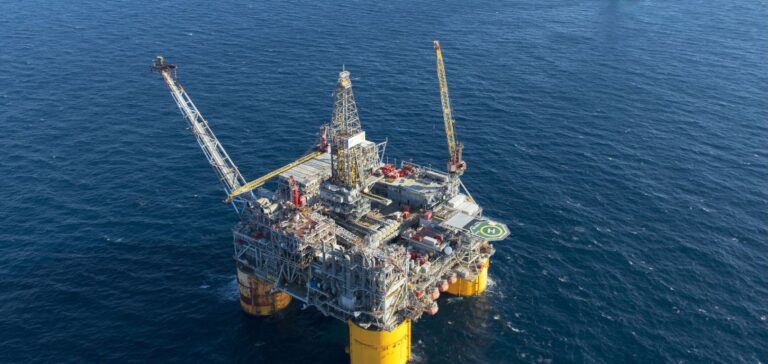Shell Offshore Inc. and Shell Pipeline Company, subsidiaries of Shell plc, announced the completion of the agreement to increase their stake in the Ursa platform, located in the Gulf of Mexico. This transaction raises Shell’s share in the platform from 45.3884% to 61.3484%, thereby reinforcing its role as the primary operator of the asset.
Expansion of an existing asset in a strategic zone
Alongside the increased stake in the platform, Shell also expanded its interest in the associated transport infrastructure. The group now holds 57.20% of Shell-operated Ursa Oil Pipeline Company LLC, up from 45.39%. This increase results from the acquisition of an 11.81% share from ConocoPhillips, adjusted after the exercise of preferential rights by project partners.
Beyond the main assets, Shell also acquired a 1% interest in the Europa prospect, which it also operates, as well as a 3.5% Overriding Royalty Interest (ORRI) in Ursa. While modest in volume, these additions further consolidate the company’s regional presence.
Portfolio optimisation and deep-water production
The Ursa platform, a Tension-Leg Platform (TLP), is operated by Shell alongside BP Exploration & Production Inc. (22.6916%) and ECP GOM III, LLC (15.96%). Located in one of the most productive basins in the United States, it forms part of a strategy focusing on high-yield assets in established subsea corridors.
Shell indicated that this transaction aligns with its strategy of investing in “carbon-competitive” oil and gas projects integrated into an optimised value chain. The increase in its Ursa stake aims to support stable liquid production through already developed and operated resources.
Strengthened footprint in the US offshore market
Shell remains the most active deep-water operator in the Gulf of Mexico and the region’s leading oil and gas producer. The group is concentrating its investment efforts in areas near its existing assets to maximise operational and logistical synergies.
No financial terms were disclosed. Shell did not release information on the purchase amount or detailed contractual conditions. While no immediate production impact was mentioned, the company confirmed that the acquisition supports its long-term upstream ambitions in the US oil sector.






















